
Breakthrough Business Negotiation
A Toolbox for Managers
Read offline
Recommendation
If you say po-tay-toe, and they say po-tah-toe, you say to-may-toe and they say to-mah-toe, you can work the whole thing out. Just ask Michael Watkins, Harvard associate professor and author of this solid primer on how to conduct effective negotiations. While "breakthrough" may seem like a title marketing pitch, since many of these techniques have been covered in other books, he organizes the material thoughtfully. Watkins emphasizes multi-party negotiating, examining the power of coalitions. He diagnoses the external and situational factors that shape even two-party negotiations and provides helpful examples, diagrams and lists. His clear interesting style is a big improvement over most ponderous academic tomes on negotiations. To get the most out of this volume, really read it, and then practice the techniques. getAbstract.com’s position is clear: business managers, dispute resolution professionals and anyone facing multi-party negotiations should bring this to the table.
Summary
About the Author
Michael Watkins is an associate professor of business administration at Harvard Business School, where he teaches negotiation and corporate diplomacy. He is also an associate and frequent participant in the Program on Negotiation at Harvard Law School. He is the co-author of Breakthrough International Negotiation, Winning the Influence Game and Right from the Start.








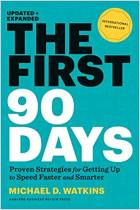

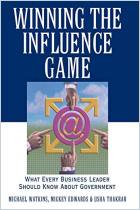
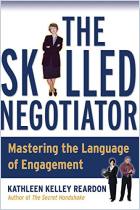
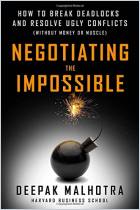
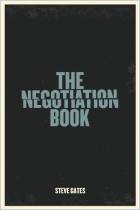
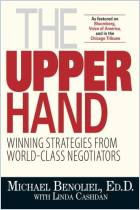
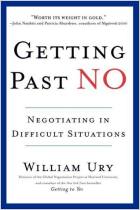



Comment on this summary or Iniciar a Discussão